Chinese envoy: UN DPRK rights debate may intensify conflict
China opposes the United Nations Security Council meeting on the human rights situation in the Democratic People's Republic of Korea (DPRK) because it "will only intensify the conflict", a Chinese envoy said on Thursday.
The UN Charter stipulates that the primary responsibility of the Security Council is to maintain international peace and security, not to deal with human rights issues, said Geng Shuang, China's deputy permanent representative to the United Nations, at a Security Council meeting on the DPRK human rights situation.
"The human rights situation in the DPRK does not constitute a threat to international peace," Geng said. "The Security Council should focus on fulfilling the responsibilities entrusted by the UN Charter, promote the peaceful settlement of disputes, defuse geopolitical conflicts, and properly handle major and urgent issues that threaten international peace and security."
Warning that the situation on the Korean Peninsula remains complex and sensitive, the envoy said that, "all parties should remain calm and restrained, engage in activities that promote peace and stability, and refrain from using provocative language and actions that could escalate tensions".
During "this intricate and sensitive period", the Security Council should adopt a constructive role in facilitating dialogue and alleviating tensions, Geng emphasized.
"Pushing the Security Council to review the human rights situation in the DPRK will not help ease the situation; instead, it will intensify the conflict. This approach is irresponsible, counterproductive and an abuse of the Security Council's authority," Geng said.
Geng said that if the countries concerned really care about regional peace and stability and the well-being of the people in the DPRK, they should take concrete actions and provide plans to promote the enhancement of mutual trust and the resumption of dialogue.
"They should support the revision of relevant sanctions against the DPRK, particularly those impacting the livelihoods of its people, and promptly rescind them. Unilateral coercive measures only worsen the deterioration of the humanitarian situation in the DPRK," he added.
"The peninsula issue persists as a remnant of the Cold War and is essentially a political security issue," Geng said.
Amplifying the human rights matters of the DPRK within the framework of the Security Council "is an attempt to divert attention, evade responsibility, and exert pressure, and is harmful to the resolution of the peninsula issue", said Geng.
He said that what the relevant countries should really do is to demonstrate their political determination, undertake practical measures, address the legitimate concerns of the DPRK, and make efforts and create conditions for the resumption of dialogue.
Geng underscored that China has been playing an active role in achieving peace and stability on the peninsula, realizing the goal of denuclearization and promoting the issues to be solved through dialogue and consultation.
"We aim to maintain a constructive role in advancing the political resolution of the peninsula issue and achieving lasting peace and stability in Northeast Asia," Geng added.
 最新热点
最新热点
-
遇见广州,解锁未来都市的N种模样 | 粤见APEC
-
独家视频丨习近平同乌拉圭总统奥尔西举行会谈
-
独家视频丨习近平同乌拉圭总统会谈:持续深化全面战略伙伴关系 加强全球南方团结协作
独家视频丨习近平同乌拉圭总统会谈:持续深化全面战略伙伴关系 加强全球南方团结协作
最新热点2月3日上午,国家主席习近平在北京人民大会堂同来华进行国事访问的乌拉圭总统奥尔西举行会谈。 习近平指出,中国有句古语,“相知无远近,万...
-
独家视频丨习近平同乌拉圭总统会谈:你是中国人民的好朋友 也是今年首位访华的拉美国家元首
独家视频丨习近平同乌拉圭总统会谈:你是中国人民的好朋友 也是今年首位访华的拉美国家元首
最新热点2月3日上午,国家主席习近平在北京人民大会堂同来华进行国事访问的乌拉圭总统奥尔西举行会谈。 习近平指出,38年前的今天,中乌实现建交。38年来,无...
-
广东这个千年古县,韩愈来了都说好



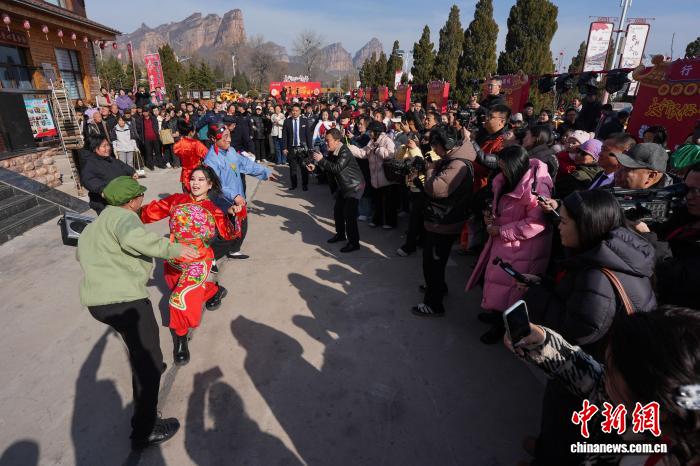
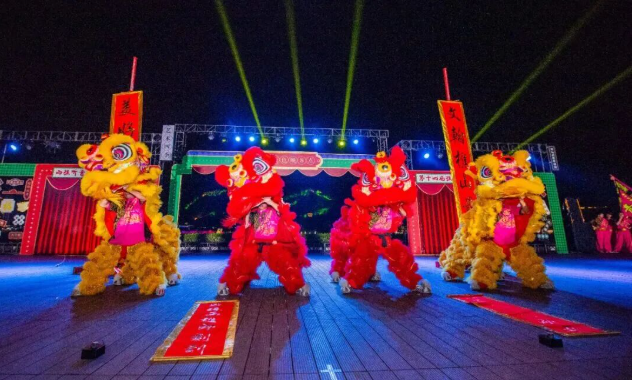


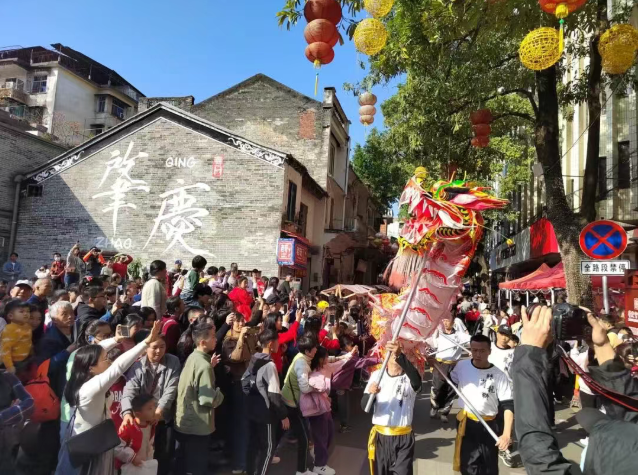
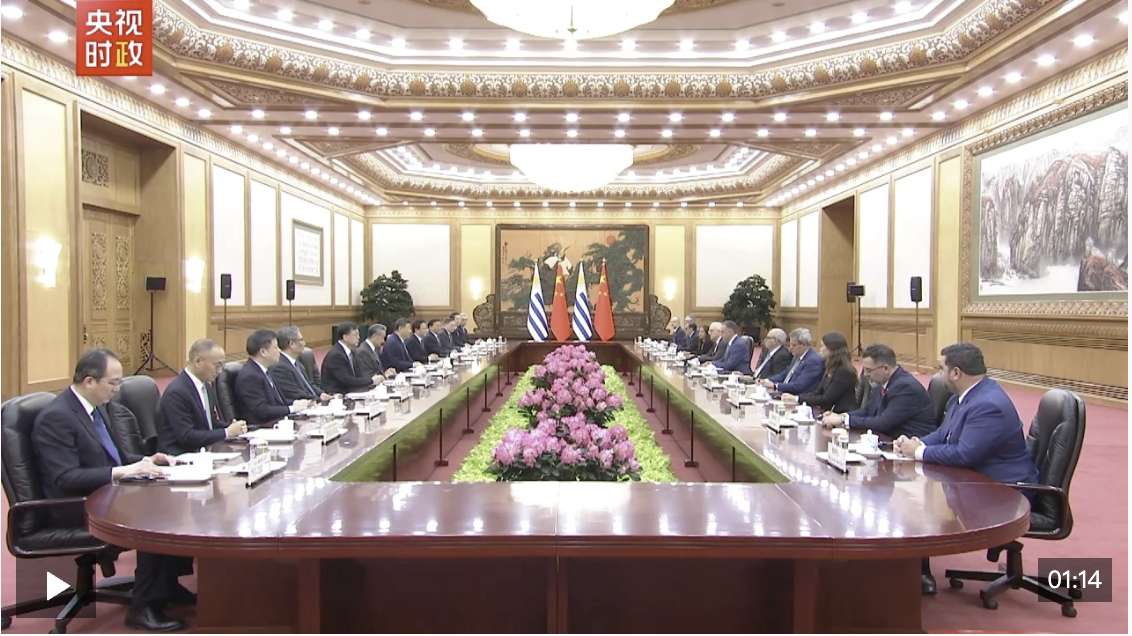
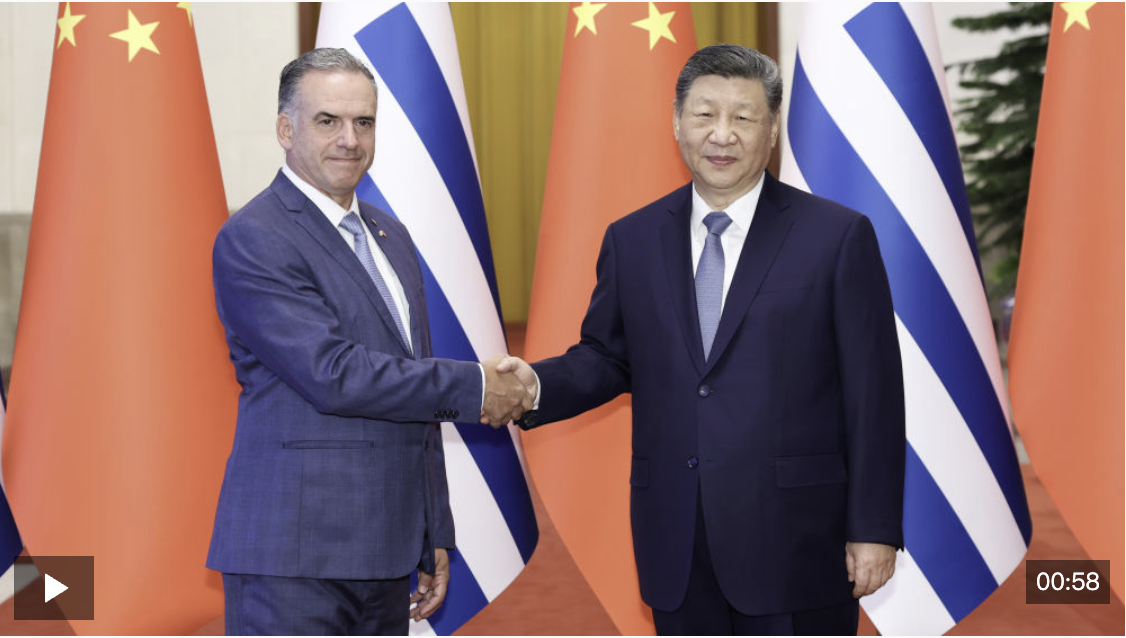
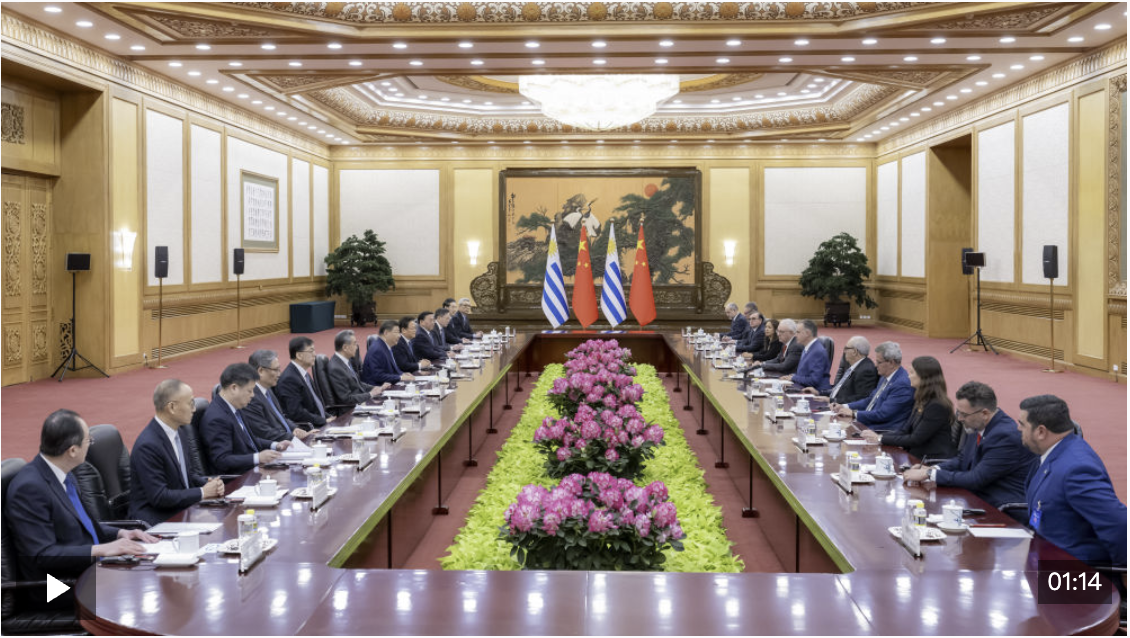

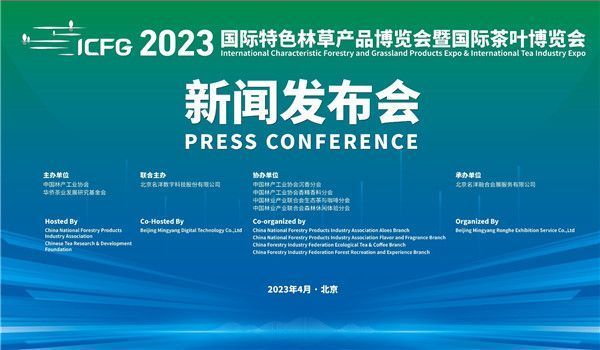
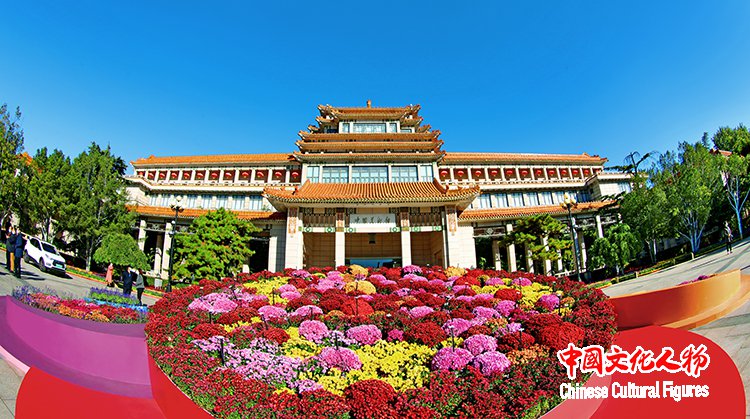
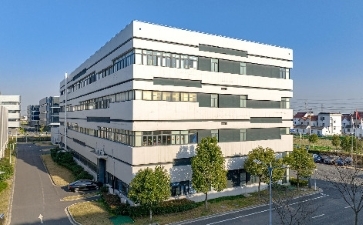 北京将打造现代化首都都市圈 壮大先进制造业集群
北京将打造现代化首都都市圈 壮大先进制造业集群
 中国“个性年货”俏销 多元供给精准对接需求
中国“个性年货”俏销 多元供给精准对接需求
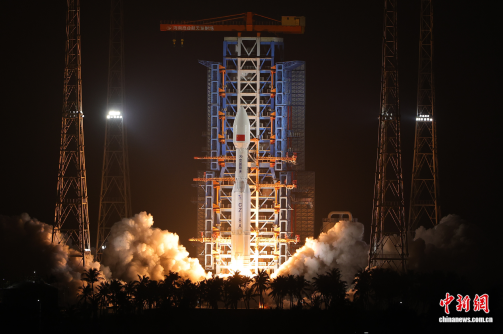 中国成功发射卫星互联网低轨18组卫星
中国成功发射卫星互联网低轨18组卫星
